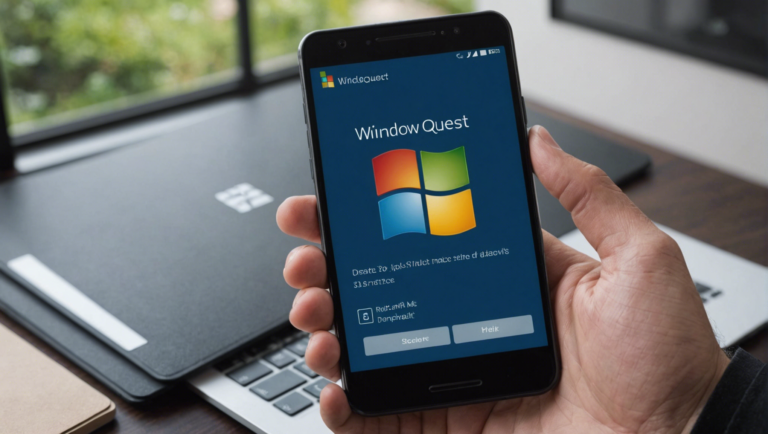Is Your UPI Account at Risk? Scammers Sending Rs 200.00 and Demanding Rs 20000 in Return – Learn How to Stay Safe!
Is your UPI account under threat? Beware of scammers sending Rs 200.00 and demanding Rs 20,000 in return. Find out how to protect yourself!
Understanding the UPI Overpayment Scam
With the rise of digital payment transactions in India, UPI frauds have become increasingly common. Scamsters are inventing new methods to steal your hard-earned money, and one of the latest tactics involves the so-called UPI overpayment scam. Let’s dive into how this scam works and what you can do to protect yourself.
The Modus Operandi of UPI Overpayment Scams
Imagine you’re at work, engrossed in your tasks, when you receive an urgent call from an unknown number. The caller claims to have accidentally sent you Rs 20,000 via UPI, and desperately needs it back for a medical emergency. As you’re being persuaded, a money collection request appears on your UPI app, asking you to return the money. Pressured and feeling empathetic, you act hastily and approve the transaction without double-checking the details.
Later, upon closer inspection during a break, you discover that the caller had only sent Rs 200, not Rs 20,000, and you have unknowingly transferred a much larger sum back to the scammer. This scam thrives on moments of distraction and the natural human instinct to help others in distress.
Why Does This Scam Work?
These scams succeed because they prey on people’s haste and inattentiveness. According to cybersecurity experts, people are often busy and may not scrutinize transaction details as closely as needed. The situation is exacerbated by pressure tactics and emotional manipulation employed by the scammers, making it all too easy for victims to fall into the trap.
Real-Life Examples and Expert Advice
Kunal Varma, CEO and co-founder of Freo, a neobank, shared a real-life case to illustrate the scam: “Typically, scammers accidentally send a small amount to a victim’s UPI account and then contact the victim, claiming a mistake and requesting the money be returned. Often, they suggest sending back a larger amount than was originally received.”
Experts recommend taking a moment to verify any unexpected requests before acting. If you suspect a scam, report it immediately to your bank and the UPI app provider. You can also file a complaint with the National Payments Corporation of India (NPCI) and the cyber cell.
How to Stay Protected from UPI Overpayment Scams
- Always double-check payment requests: Before approving any UPI request, verify who is sending it and whether it is a request to send or receive money. Be wary of any unexpected payment requests.
- Verify sender details: If you receive a payment request from an unknown individual or for an unexpected amount, verify the sender’s details through a call or message before proceeding.
- Be cautious with unsolicited messages and collection requests: Don’t respond to or approve any requests without verifying the sender’s identity and the purpose of the transaction.
- Don’t feel pressured: Never rush into money transfers based on phone calls, especially from unknown numbers. Remember that scammers often use urgency and emotional manipulation to exploit victims. Stay vigilant and protect your hard-earned money.
Additional Tips
To further safeguard your UPI transactions, always scrutinize SMS notifications you receive for payment requests. The amounts displayed often show up to two decimal places (e.g., Rs 200.00), which can easily be misread in a rush. Scamsters exploit this design flaw to trick you into making erroneous transfers.
In some scenarios, scammers may disguise themselves as legitimate customer service representatives or use fake QR codes that look genuine. Always double-check and contact verified sources when in doubt.
This article serves as a stark reminder to all UPI users to remain cautious. It’s crucial to take proactive measures to safeguard oneself from such fraudulent activities. By double-checking every transaction and staying vigilant, you can ensure that your hard-earned money stays safe from scammers.
Source: m.economictimes.com






